Foresight Research Group
Our goal
We explore, simulate, and design pathways to a sustainable future.
We do this by applying qualitative, quantitative, and system-oriented methods
and participatory approaches that enable the active involvment of stakeholders.
Our team

Mathias Kirchner
Senior scientist
Economist (ecological, environmental, agricultural)
Modellerer (System dynamics, macroeconomic, integrated land use modelling)
More than 10 years of experience in inter- and transdisciplinary research projects, mostly centered around climate change issues (land use, mitigation, just transition)
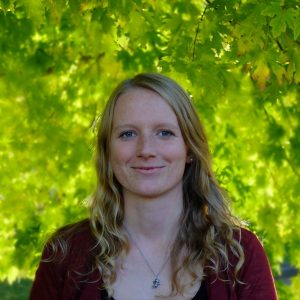
Nathalie Spittler
Senior scientist
Systems Thinking
Ecological economist
System dynamics modelling
Long-term experience in inter- and transdisciplinary research projects covering issues related to sustainable development, such as renewable energies, SDGs and just transition

Daniel Gerdes
Project staff
PhD candidate at BOKU University
MSc in Socio-Ecological Economics and Policy
Ecological economist

Eva Wretschitsch
Project staff
PhD candidate at BOKU University
MSc in Environmental and Bio-Resources Management
Ecological economist

Daniel Körner
Project staff
International teaching and consulting activities in the field of participatory and collaborative project development; comprehensive support for sustainability projects and project teams.
Alumni

Peter Hachenberger
Associate member
PhD in computer science
Currently interested in stock-flow consistent macro-economic modelling
What we do
Expertise
Expertise
We work on exploring sustainable futures.
To us, the broad and widely used term foresight means to engage in systematic and critical considerations about possible future development paths – in a scientifically sound and ideally participatory process.
We apply three main methods from system dynamics in most of our research projects:
(1) Causal loop diagrams (CLD) – a qualitative system dynamics methods that enables researches and stakeholders to visualize systems and their causal relationships
(2) Quantitative simulations with the system dynamics model iSDG – especially the Austrian version of it that we built, maintain and constantly improve.
(3) Scenario development (various approaches)
For the iSDG model we have a Memorandum of Understanding with the Millennium Institute who owns and developed the model.
At the moment, we mainly focus on finding just transition pathways for the climate crisis. That means we that we look beyond the sustainable development goal (SDG) climate action (SDG13) and aim to identify potential synergies and trade-offs with other SDGs, e.g. reducing inequalities (SDG10) or decent work (SDG8).
Our research takes place at the science-policy and science-society interface with a medium to long-term time horizon (ca. 2030-2050).
Projects - Current
Projects - Current
Topic: Develops transformation pathways for Austria that are growth-independent, climate-neutral and socially just
Role: Lead
Methods: modeling; stakeholder participation methods
Funding: ACRP
Duration: 2025-2027
Topic: Develop socially just and climate-effective decarbonization pathways of Austria’s residential building sector
Role: Lead
Methods: model development
Funding: StartClim2024
Duration: 2024-2025
Topic: Analyse how climate adaptation strategies in Austrian agriculture influence the achievement of the SDGs.
Role: Lead
Methods: model development
Funding: StartClim2024
Duration: 2024-2025
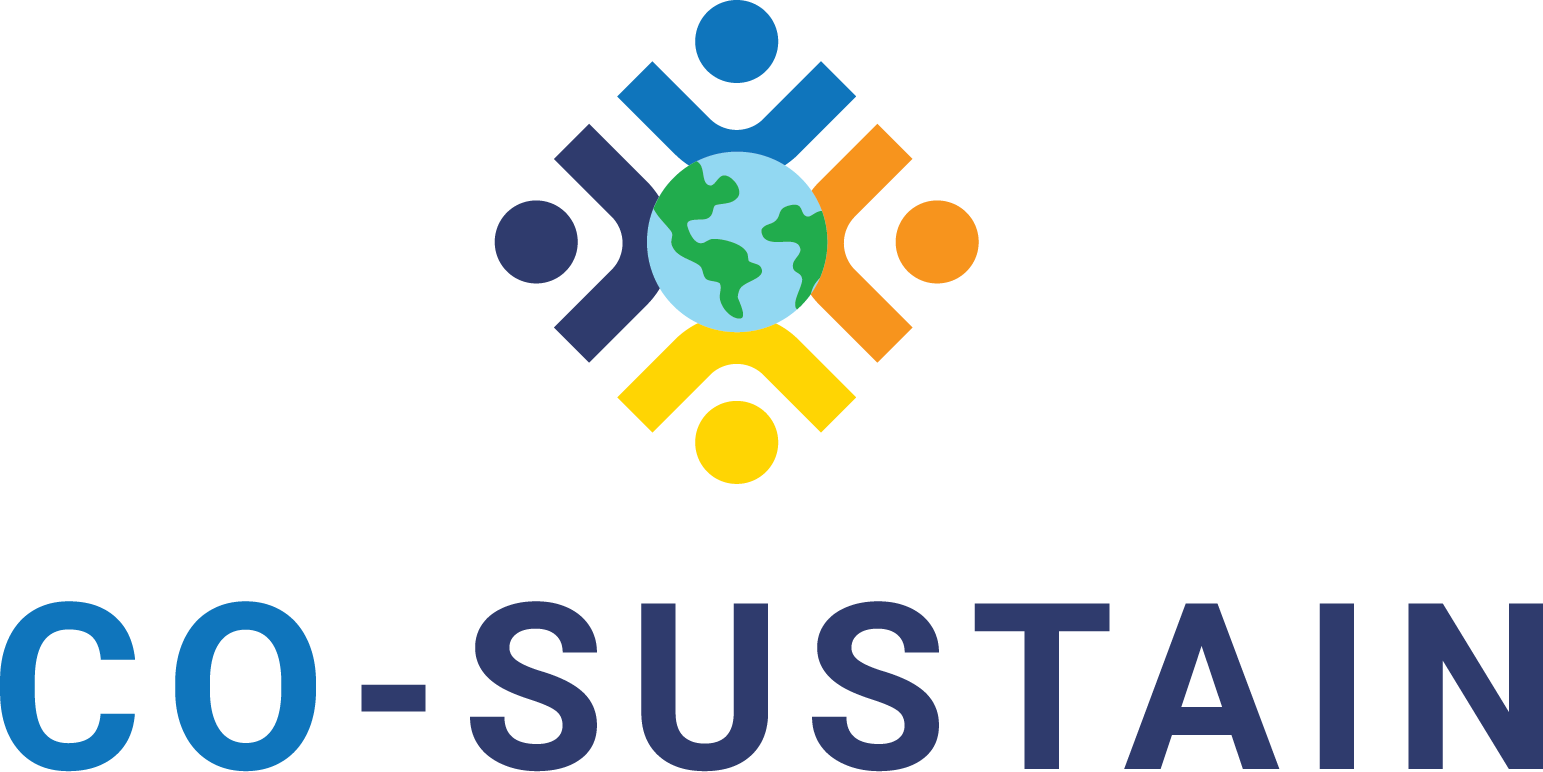
Topic: Democratic pathways for a sustainable transition
Role: Partner
Methods: stakeholder participation methods
Funding: EU Horizon Cluster 2 – 2023
Duration: 2024-2026
Topic: Bridge qualitative and quantitative transformation pathways
Role: Partner
Methods: stakeholder participation methods
Funding: ACRP
Duration: 2023-2026
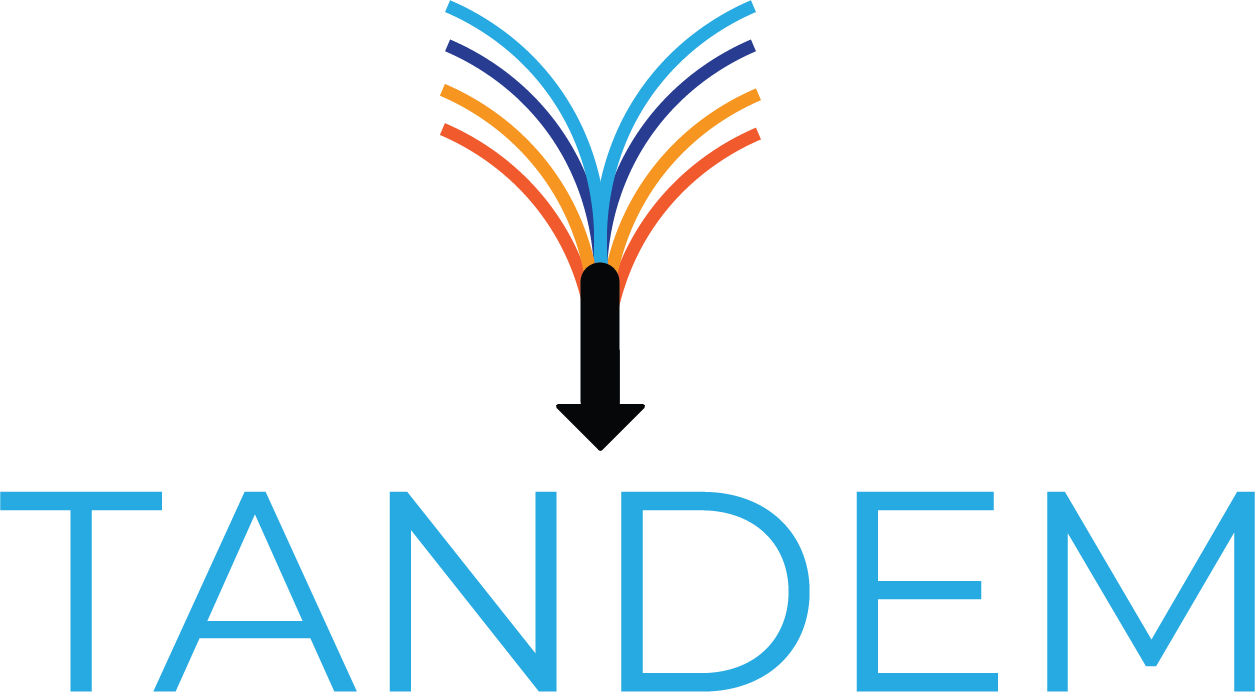
Topic: Create and implement just low-carbon transition pathways
Role: Partner / WP lead
Methods: systemic literature review; causal loop diagrams
Funding: EU Horizon Cluster 5 – 2021
Duration: 2022-2025
Projects - Finished

Topic: Systems-change needed for an equitable future on a finite planet
Role: Partner
Methods: model simulations
Funding: Club of Rome
Duration: 2023-2024
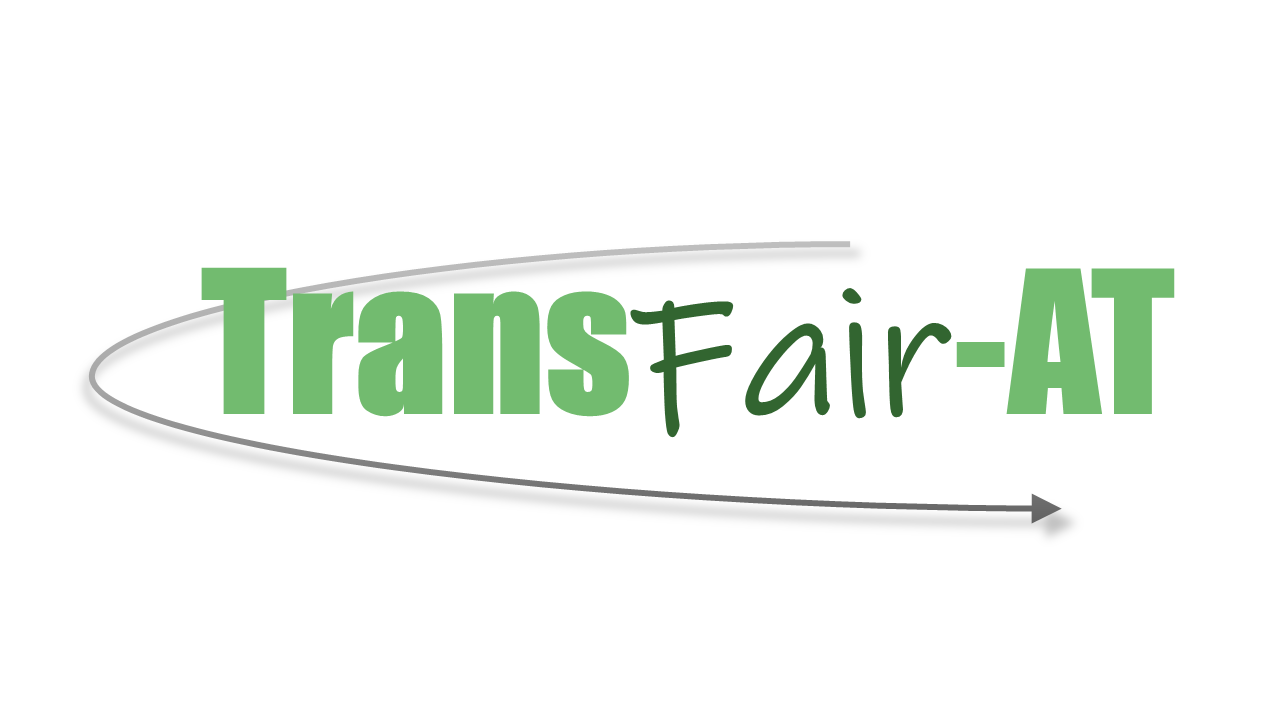
Topic: Identifying socially fair climate mitigation options
Role: Partner
Methods: stakeholder participation methods
Funding: ACRP
Duration: 2021-2025

Topic: State of knowledge on climate change and climate action in Austria
Role: CLA & LA
Methods: expert assessment
Funding: ACRP
Duration: 2022-2025
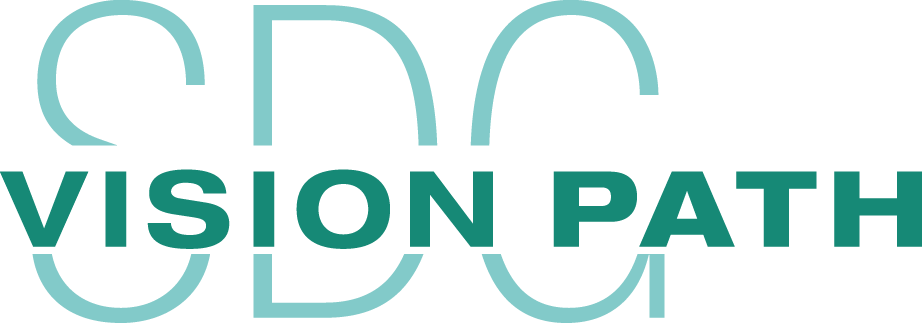
Topic: Co-create transformation pathways for achieving of SDG goals
Role: Lead
Methods: causal loop diagrams, model simulations, scenarios
Funding: ACRP
Duration: 2022-2024

Topic: Identify options on how the SDGs may be implemented
Role: Contributing scientists
Methods: literature review; policy briefs; expert assessments
Funding: in-kind
Duration: from 2019-2025
Topic: Model uncertainties in macroeconomic modelling of carbon pricing policies.
Role: Partner / WP lead
Methods: systematic model comparison
Funding: ACRP
Duration: 2020-2023
Topic: Skills for transformative competence in a corporate context
Role: Partner
Methods: stakeholder participation methods
Funding: StartClim2022
Duration: 2022-2023
Topic: Establish a national SDG model for Austria tom capture SDG interactions
Role: Lead
Methods: model development
Funding: StartClim2021
Duration: 2021-2022

Topic: State of knowledge on climate change and land use in Austria
Role: LA & CA
Methods: expert assessment
Funding: ACRP
Duration: 2019-2023
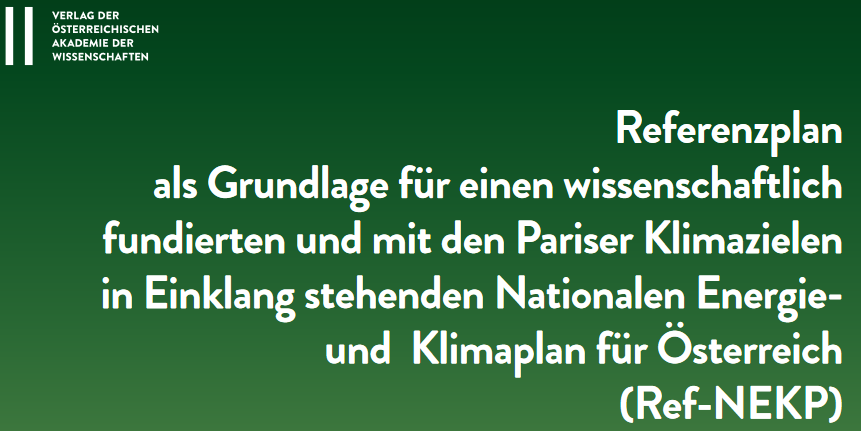
Topic: Evaluate the National Energy and Climate Plan for Austria and identify recommendations
Role: Coordinator (Mathias)
Methods: expert assessment / project coordination
Funding: in-kind
Duration: 2019-2020
Publications (selected)
This is only a selected list of publications that have been published as part of Foresight Research group projects.
For a probably more up-to-date list of publications of the Foresight Research group, please visit our ResearchGate lab profile.
For a full list of publications by our team members, please see the links provided above.
The design for highlighting our publications below has been inspired by the great ERC project refuel (worth checking out!).
Journal Papers
2025
The Earth4All scenarios: human wellbeing on a finite planet towards 2100
Paper (Open Access)
Modelling the economy-wide effects of unilateral CO2 pricing under different revenue recycling schemes in Austria – Identifying structural model uncertainties
Kirchner, M., Wallenko, L., Sommer, M., Bachner, G., Kettner, C., Leoni, T., Mayer, J., Spittler, N., Köberl, J., Kulmer, V., 2025. Modelling the economy-wide effects of unilateral CO2 pricing under different revenue recycling schemes in Austria – Identifying structural model uncertainties. Energy and Climate Change 6, 100199.
Paper (Open Access)
Systemic impacts of low-carbon transition policies: co-designing potential leverage points to mitigate housing and energy vulnerabilities in Innsbruck
Klingler, M., de Fontana, F.L.M., Gerdes, D., Plöchl, Jana, Scherhaufer, P., Spittler, N., 2025. Systemic impacts of low-carbon transition policies: co-designing potential leverage points to mitigate housing and energy vulnerabilities in Innsbruck. Journal of Environmental Policy & Planning 27, 260–279.
Paper (Open Access)
2024
Three foci at the science-policy interface for systemic Sustainable Development Goal acceleration
Modelling the economy-wide effects of unilateral CO2 pricing under different revenue recycling schemes in Austria – Searching for a triple dividend
2023 and older
Past and future impacts of land-use changes on ecosystem services in Austria
Schirpke, U., Tasser, E., Borsky, S., Braun, M., Eitzinger, J., Gaube, V., Getzner, M., Glatzel, S., Gschwantner, T., Kirchner, M., Leitinger, G., Mehdi-Schulz, B., Mitter, H., Scheifinger, H., Thaler, S., Thom, D., Thaler, T. (2023). Past and future impacts of land-use changes on ecosystem services in Austria. Journal of Environmental Management 345, 118728.
Paper (Open Access)
Carbon footprint of Austrian beef in an international context
Kirchner, M., Pölz, W., Mayrhofer, H., Hickersberger, M., Sinabell, F. (2023). Carbon footprint of Austrian beef in an international context. Austrian Journal of Agricultural Economics and Rural Studies 34, 19–26.
Paper (Corrected Version)
Paper (Original – contains wrong data in table 2 and missing data in table 3)
Handling a complex agenda: A review and assessment of methods to analyse SDG entity interactions
Horvath, S.-M., Muhr, M.M., Kirchner, M., Toth, W., Germann, V., Hundscheid, L., Vacik, H., Scherz, M., Kreiner, H., Fehr, F., Borgwardt, F., Gühnemann, A., Becsi, B., Schneeberger, A., Gratzer, G. (2022). Handling a complex agenda: A review and assessment of methods to analyse SDG entity interactions. Environmental Science & Policy 131, 160–176.
Paper (Open Access)
Uncertainty concepts for integrated modeling – Review and application for identifying uncertainties and uncertainty propagation pathways
Kirchner, M., Mitter, H., Schneider, U.A., Sommer, M., Falkner, K., Schmid, E. (2021). Uncertainty concepts for integrated modeling – Review and application for identifying uncertainties and uncertainty propagation pathways. Environmental Modelling & Software 135, 104905.
Paper (Open Access)
Implications of Renewable Resource Dynamics for Energy System Planning: The Case of Geothermal and Hydropower in Kenya
Spittler, N., Davidsdottir, B., Shafiei, E., Diemer, A. (2021). Implications of Renewable Resource Dynamics for Energy System Planning: The Case of Geothermal and Hydropower in Kenya. Energy Policy.
Paper (Paywall)
Leverage points for sustainability transformation : a review on interventions in food and energy systems
Dorninger, C., Abson, D.J., Apetrei, C.I., Derwort, P., Ives, C.D., Klaniecki, K., Lam, D.P.M., Langsenlehner, M., Riechers, M., Spittler, N., Wehrden, H.V. (2020). Leverage points for sustainability transformation : a review on interventions in food and energy systems. Ecological Economics 171, 106570.
Paper (Paywall)
Exploiting Synergy of Carbon Pricing and Other Policy Instruments for Deep Decarbonization
Kirchner, M., Schmidt, J., Wehrle, S. (2019). Exploiting Synergy of Carbon Pricing and Other Policy Instruments for Deep Decarbonization. Joule 3, 891–893.
Paper (Paywall)
Monographs / Book Chapters / Project Reports
AAR2 – Chapter 8: Transformation pathways
AAR2 – Chapter 5: Climate governance: Political, legal, economic and societal aspects
Sozioökonomische und klimatische Treiber der Änderung der Landnutzung in Österreich
Borsky, S., Thaler, T., Gaube, V., Kirchner, M., Loibl, W., Mehdi-Schulz, B., Schirpke, U., Schneider, S., Zuvela-Aloise, M. (2024). Kapitel 3. Sozioökonomische und klimatische Treiber der Änderung der Landnutzung in Österreich, in: Jandl, R., Tappeiner, U., Foldal, C.B., Erb, K. (Eds.), APCC Special Report: Landnutzung und Klimawandel in Österreich. Springer, Berlin, Heidelberg, pp. 163–216.
Book chapter (Opean Access)
Ein SDG Modell für Österreich – Erfassung der Wechselwirkungen zw. SDG13 & anderen SDGs zur Simulation von Entwicklungspfaden & Kosten
Spittler, N., Kirchner, M. (2022). iSDG_KlimAT: Ein SDG Modell für Österreich – Erfassung der Wechselwirkungen zw. SDG13 & anderen SDGs zur Simulation von Entwicklungspfaden & Kosten. Endbericht von StartClim21/22.A, in: BMK, BMWFW, Klima- und Energiefonds, Land Oberösterreich (Eds.), StartClim21/22: Handeln Und Aktivieren. Wien.
Final Report
Maßnahmen: Was kann Klimapolitik leisten?
Kirchner, M., Strunk, B. (2021). Maßnahmen: Was kann Klimapolitik leisten?, in: Beigewum, attac, Armutskonferenz (Eds.), Klimasoziale Politik – Eine Gerechte Und Emissionsfreie Gesellschaft Gestalten. bahoe books, Wien, pp. 57–70.
Book (Open Access pdf)
Energy Modelling for Reaching SDG7
Systemic Issues and Multi-Stakeholders Partnerships for Achieving Sustainable Development Goals
Book Chapter (Paywall)
Referenzplan als Grundlage für einen wissenschaftlich fundierten und mit den Pariser Klimazielen in Einklang stehenden Nationalen Energie- und Klimaplan für Österreich (Ref-NEKP)
Book (Open Access pdf)
Science-Society / Science-Policy Publications
Earth for All Deutschland
Oekom Verlag (in German only)
Stellungnahme von Expertinnen und Experten des CCCA zum Factsheet: „Kostenwahrheit CO2“ des BMK
Statement (in German only)
The EU’s Common Agriculture Policy and Sustainable Farming: A statement by scientists
Statement
Antworten auf zentrale Fragen zur Einführung von CO2-Preisen. Gestaltungsoptionen und ihre Auswirkungen für den schnellen Übergang in die klimafreundliche Gesellschaft
Statement (in German only)
